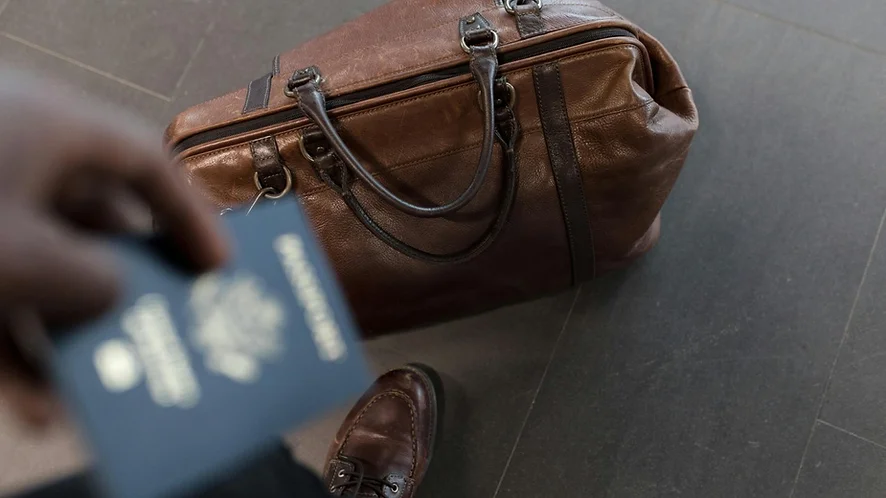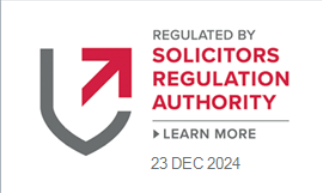
The United Kingdom first implemented its Electronic Travel Authorisation (ETA) in November 2023 for the citizens of Qatar. This then expanded to nationals from the Gulf Cooperation Council: Saudi Arabia, Bahrain, the United Arab Emirates, Kuwait, Oman and Jordan in February 2024. However, as per the Statement of Changes of the Immigration Rules published on 10 September 2024 (HC 217) Jordan was revoked from that list as the British government had recorded multiple cases involving Jordanian citizens’ misuse, and they must apply now for a visitor visa.
By January 8, 2025, the UK government has announced that it will be extended to 49 countries:
- Antigua and Barbuda
- Argentina
- Australia
- The Bahamas
- Barbados
- Belize
- Botswana
- Brazil
- Brunei
- Canada
- Chile
- Colombia
- Costa Rica
- Grenada
- Guatemala
- Guyana
- Hong Kong (including British national overseas)
- Israel
- Japan
- Kiribati
- Macao
- Malaysia
- Maldives
- Marshall Islands
- Mauritius
- Mexico
- Micronesia (Federated States)
- Nauru
- New Zealand
- Nicaragua
- Palau
- Panama
- Papua New Guinea
- Paraguay
- Peru
- Samoa
- Seychelles
- Singapore
- Solomon Islands
- South Korea
- St Kitts and Nevis
- St Lucia
- St Vincent and the Grenadines
- Taiwan (if you have a passport issued by Taiwan that includes in it the number of the identification card issued by the competent authority in Taiwan)
- Tonga
- Trinidad and Tobago
- Tuvalu
- United States
- Uruguay
And from April 2, 2025, the ETA will become a travel requirement for European nationals of these countries:
- Andorra
- Austria
- Belgium
- Bulgaria
- Croatia
- Cyprus
- Czechia
- Denmark
- Estonia
- Finland
- France
- Germany
- Greece
- Hungary
- Iceland
- Italy
- Latvia
- Liechtenstein
- Lithuania
- Luxembourg
- Malta
- Monaco
- Netherlands
- Norway
- Poland
- Portugal
- Romania
- San Marino
- Slovakia
- Slovenia
- Spain
- Sweden
- Switzerland
- Vatican City
While, non visa nationals lawfully residents in the Republic of Ireland who cross into Northern Ireland are exempt from this requirement. However, Residents of Ireland who need a visa to enter the United Kingdom will continue to need one.
And, non-visa nationals that are not residents of the Republic of Ireland who are just visiting Ireland can add on a trip into Northern Ireland with no UK immigration implications. Now, they will be expected to have an ETA or risk committing a criminal offence.
The ETAs will be digitally linked to a traveller’s passport. The Home Office published on 10 September 2024, that this will ensure more robust security checks to be carried out before nationals of one of the countries named above begin their journey to the United Kingdom. This will work similar to the newly implemented e-Visa.
What you can do with an ETA:
With an ETA, you will be able to come to the UK for up to 6 months for tourism, visiting family and friends, business or short-term study;
The applicant can come to the UK for up to 3 months on the Creative Worker visa concession, come to the UK for a permitted paid engagement or transiting through the United Kingdom. However, if you are planning to come to the UK for a different reason to the ones stated above, you will need to check if you need a visa.
What you cannot do with an ETA:
You cannot stay in the UK for longer than 6 months, do paid or unpaid work for a UK company or as a self-employed person, other than permitted paid engagement or event or work on the Creative Worker visa concession. Claim public funds, live in the UK through frequent or successive visits and marry or register a civil partnership or give notice of marriage or civil partnership because, for this, you will need to apply for a Marriage Visitor visa.
How much will it cost?
An ETA will cost £10 and allows multiple journeys to the United Kingdom for stays of up to 6 months at a time over 2 years, or until the holder’s passport expires (whichever is sooner). Everyone travelling must get an ETA, and this includes babies and children. You can apply on behalf of other people.
How long until a decision is made?
The Home Office will usually take a decision within 3 working days, and you must apply before travelling to the United Kingdom. However, you can travel to the UK while waiting for a decision.
How to apply?
This information can be found on the GOV.UK website: to apply, you must have your physical passport ready with you, access to your e-mail address and a credit or debit card (can be linked with Apple Pay or Google Pay). The fastest way to apply is by using the ‘UK ETA’, which can be found and available on both Apple’s App Store and Android’s Google Play Store.
However, the Immigration Rules stated that an application for an ETA will be refused under these grounds:
– Exclusion or deportation grounds: whereby the Home Secretary directed the ETA applicant to be excluded from the United Kingdom; subject of an exclusion order; or subject of a deportation order or a decision to make a deportation order.
– Criminality grounds: where the applicant has been convicted of a criminal offence for which they have received a sentence of 12 months or more; or the applicant has been convicted of a criminal offence unless 12 months have elapsed since the date of conviction. Both convictions in the United Kingdom or other countries are relevant to this ground.
– Non-conducive grounds: where the applicant’s presence in the UK is not conducive to the public good due to their conduct, character, associations or other reasons, and this includes convictions that do not fall within the above criminality grounds.
– Previous breach of immigration law grounds: where the ETA applicant was over the age of 18 and overstayed their leave, breached a condition of their leave, used deception in relation to an immigration application.
– False representations: where false representations, non-disclosure of relevant facts, false documents or false information was submitted in relation to a current or previous application.
– Debt to NHS grounds: where the applicant has failed to pay outstanding charges that have a total value of at least £500.00 to the NHS.
– Unpaid litigation cost grounds: where ETA applicant failed to pay litigation costs awarded to the Home Office.
Further, three important changes were made to the suitability criteria in applying for a ETA that was introduced by the aforementioned the Statement of Changes of the Immigration Rules published on 10 September 2024 (HC 217):
1.) Overstayers: under the current system, overstayers can still be granted an ETA if they left voluntarily. This will be amended to bring them in line with the rules applied to visitors under part 9 of the Immigration Rules. A more detailed consideration will be made to their circumstances and duration of any previous overstay(s).
2.) Previous visa refusals: individuals who have previously been refused a visit visa or permission to enter as a visitor will also be refused an ETA. However, if they have since been granted visit visa or held visa permission that was not cancelled, they may still be eligible for an ETA. This will allow a more thorough review of their eligibility.
3.) Cancellation of ETA: if an individual has had their ETA cancelled for any reason, they will be refused a new ETA. The applicant must then apply for a visa and undergo a more detailed examination of their eligibility.
The introduction of the Electronic Travel Authorisation scheme and the accompanying changes reinforces the government’s continued commitment in stabilizing its immigration framework. These introductions will ensure an improved management for those who enters the country and prevent the misuse and abuse of the system, and to identify individuals who do not meet the requirements very early.
To conclude, it is important for those who have been refused an Electronic Travel Authorisation to seek specialist legal advice from an immigration solicitor to be informed of their options. Please do not hesitate to contact Lawsmith Solicitors for your immigration matters.
By: Jose Casenas




